10 Law Of Energy Flow In Food Chain On average only 10 percent of energy available at one trophic level is passed on to the next This is known as the 10 percent rule and it limits the number of trophic levels an ecosystem can support Hawks are at the top of the food
This law known as the 10 per cent energy law was proposed by Raymond Lindeman The primary consumers do not acquire 100 per cent of the energy transfer from the The 10 rule in a food chain is a law that explains that each trophic level transfers 10 of its energy to the level above them in the food chain
10 Law Of Energy Flow In Food Chain
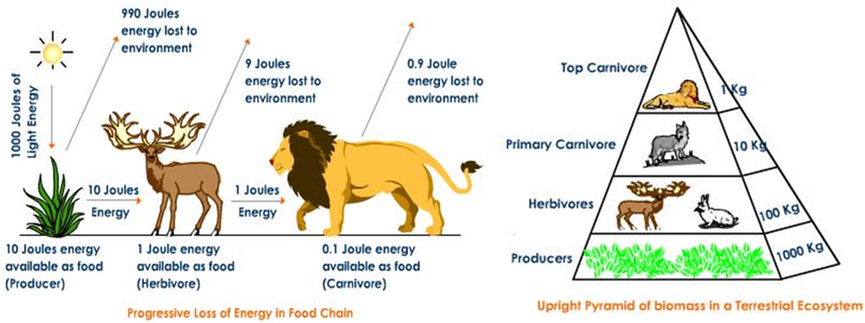
10 Law Of Energy Flow In Food Chain
http://ecologyproject10.weebly.com/uploads/2/8/7/9/28792783/3290361.png?868
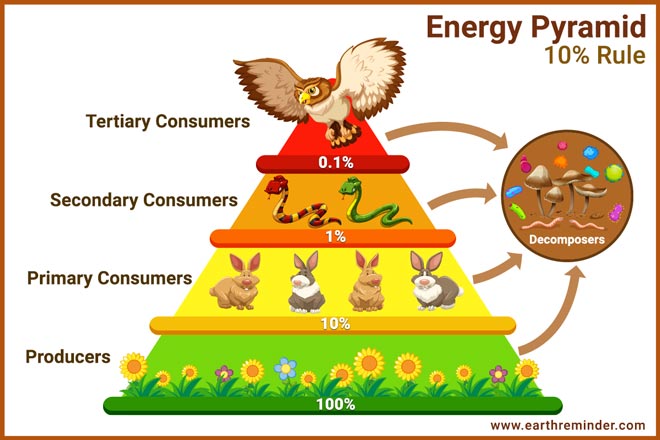
Energy Flow ecology Wikipedia 54 OFF
https://www.earthreminder.com/wp-content/uploads/2021/12/10-percent-rule-energy-pyramid.jpg

Premium Vector Food Chain Energy Flow Diagram
https://img.freepik.com/free-vector/food-chain-energy-flow-diagram_1639-4469.jpg?size=626&ext=jpg
The 10 Law of Energy Transfer plays a critical role in shaping ecosystems by governing the flow of energy between producers and consumers It demonstrates that only a According to the 10 per cent law only 10 per cent of the energy entering a particular trophic level of organisms is available for transfer to the next higher trophic level In the following food
The scientist who gave ten percent law for energy transfers in food chains Suppose 1000 joules of light energy emitted by the sun falls on the plants called producers We know that the The 10 percent law of energy flow says that only 10 per cent of energy is transferred from one trophic level to the next trophic level during the energy flow in ecosystem What
More picture related to 10 Law Of Energy Flow In Food Chain

AP Environmental Science Jeopardy Template
https://cdn.britannica.com/00/95200-004-3B810E62.jpg
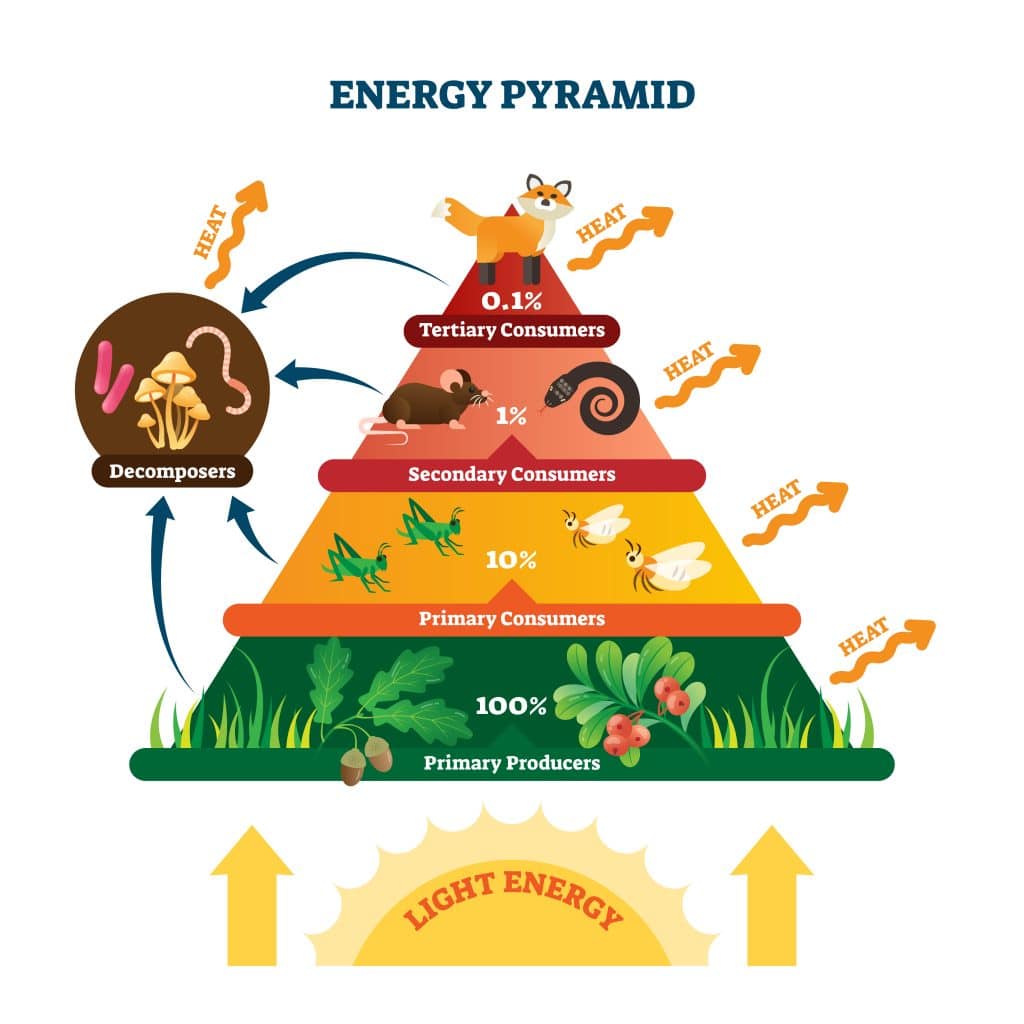
Section 2 Energy Flow In Ecosystems Nitty Gritty Science
https://149361102.v2.pressablecdn.com/wp-content/uploads/energy-pyramid-1024x1024.jpg

Efficiency Of Energy Transfer Equation Biology Tessshebaylo
https://study.com/cimages/videopreview/videopreview-full/4jaix9ao9e.jpg
The flow of energy in the food chain is a fundamental concept that governs the interactions and survival of organisms within an ecosystem From producers capturing energy Also the 10 percent law shows how energy moves through a food chain This law says that only 10 of energy moves from one trophic level to the next The rest of the energy is lost into the atmosphere This is shown clearly
Answer According to the 10 law of energy transfer energy flows from one trophic level to another and only 10 percent is passed from one trophic level to the next The second trophic According to Lindeman s Law of 10 the efficiency of energy transfer from one trophic level to the next is about 10 Or Only 10 of the net primary productivity of producers ends up as
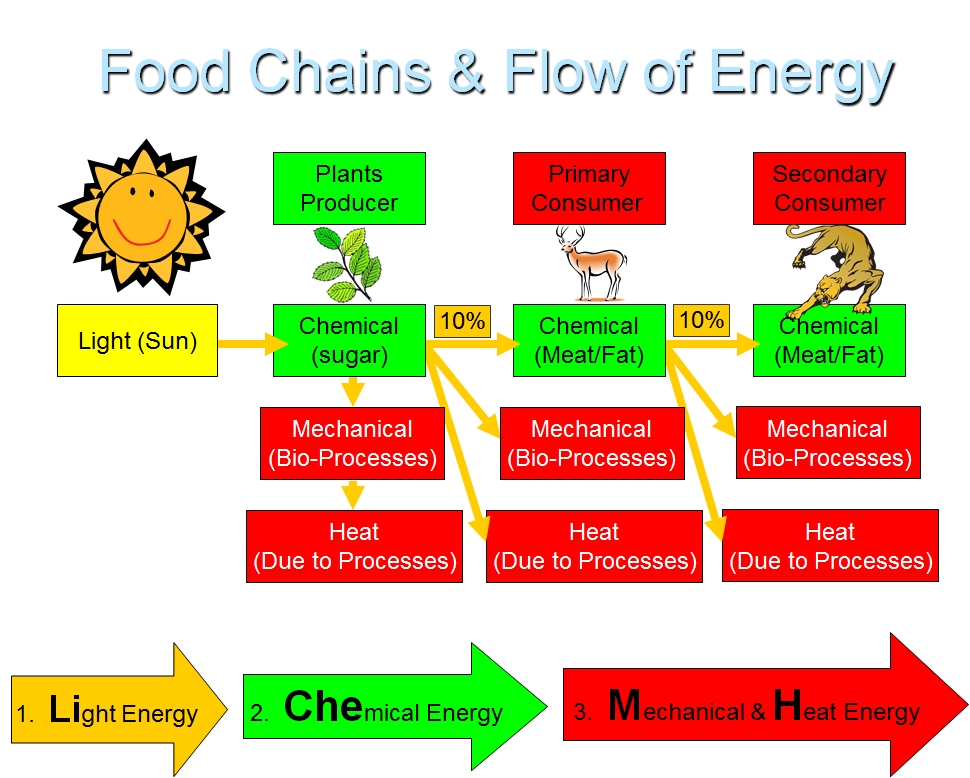
Food Webs VISTA HEIGHTS 8TH GRADE SCIENCE
https://vhmsscience.weebly.com/uploads/1/2/7/6/12762866/9616580_orig.jpg

Food Chain Worksheet
https://i.pinimg.com/originals/c2/e0/99/c2e099384db0e3f04375c2ae8ac2a05f.jpg

https://education.nationalgeographic.org › resource
On average only 10 percent of energy available at one trophic level is passed on to the next This is known as the 10 percent rule and it limits the number of trophic levels an ecosystem can support Hawks are at the top of the food

https://studiousguy.com
This law known as the 10 per cent energy law was proposed by Raymond Lindeman The primary consumers do not acquire 100 per cent of the energy transfer from the

Food Chain Diagrams

Food Webs VISTA HEIGHTS 8TH GRADE SCIENCE

Community Food Chains Biology Socratic

What Is The 10 Rule
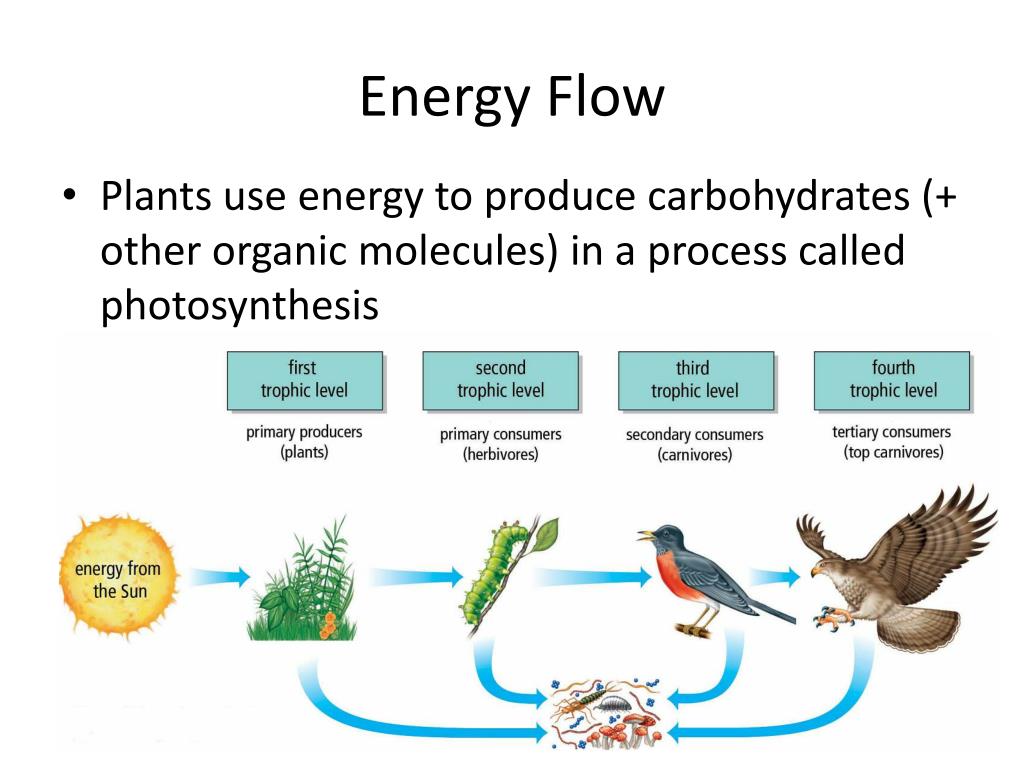
Flows Of Energy Diagram Flows Storage
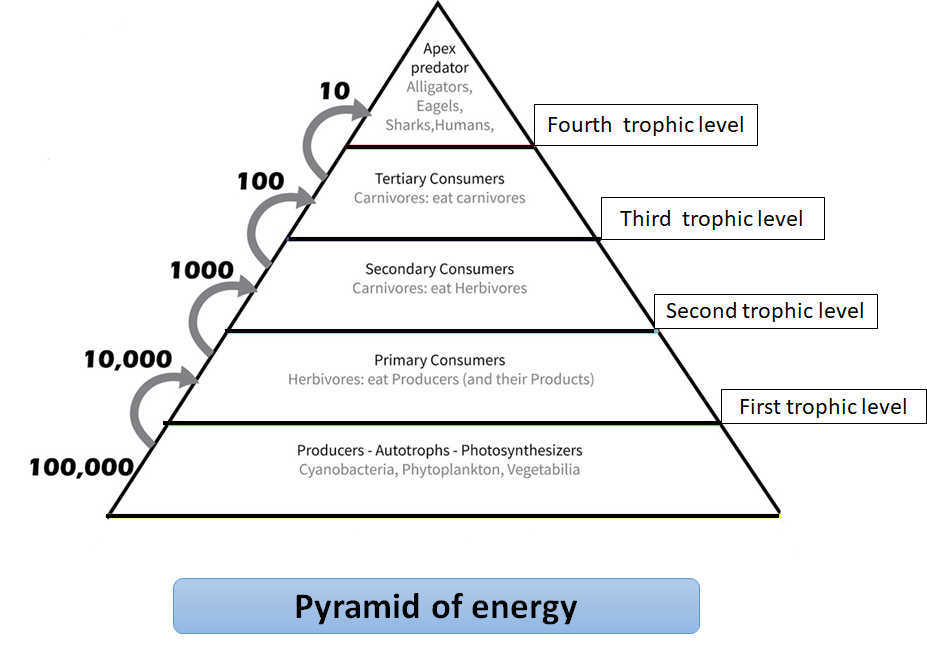
Energy Pyramid 10 Percent Rule

Energy Pyramid 10 Percent Rule
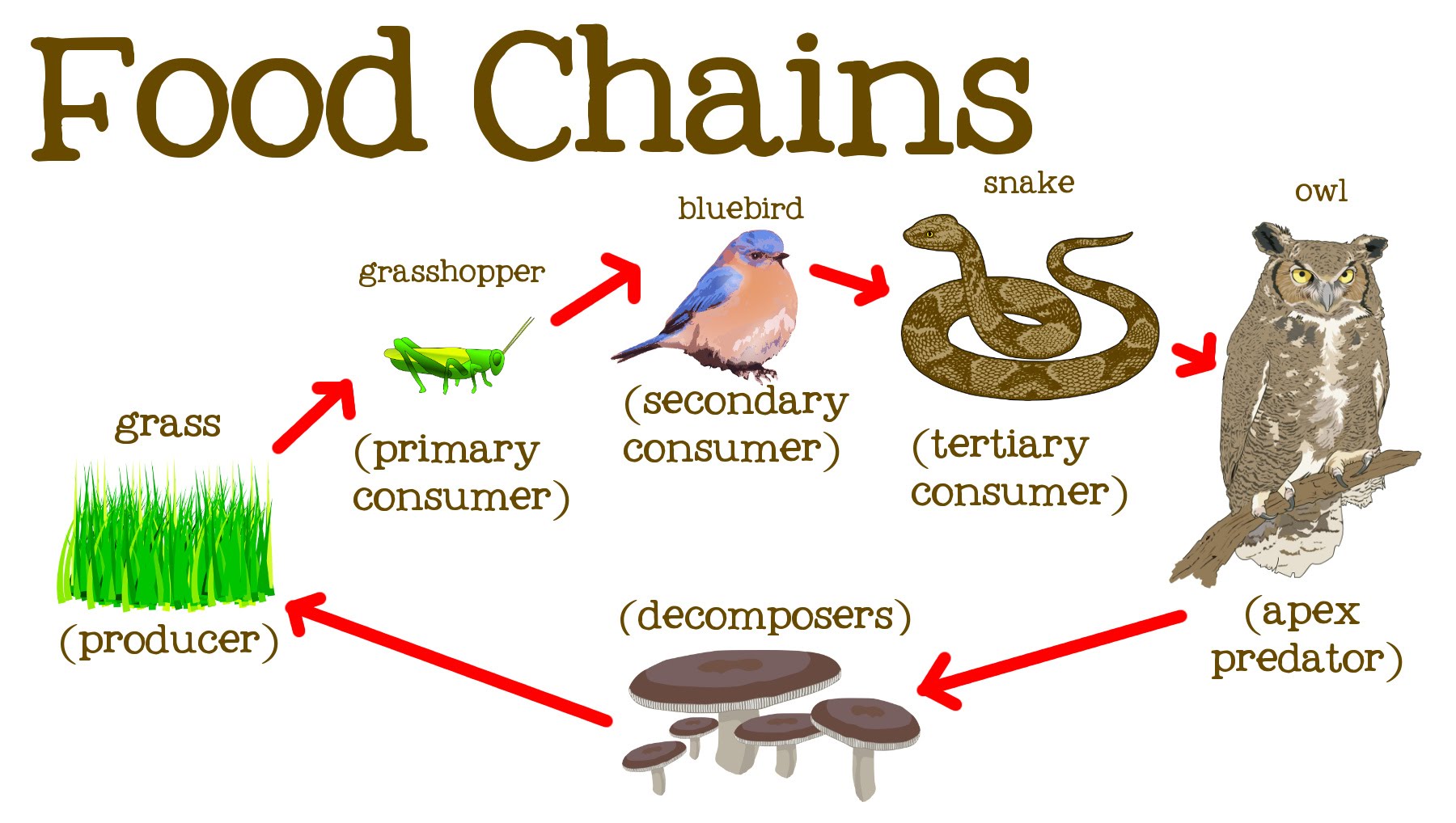
Food Chain Lesson Ks3
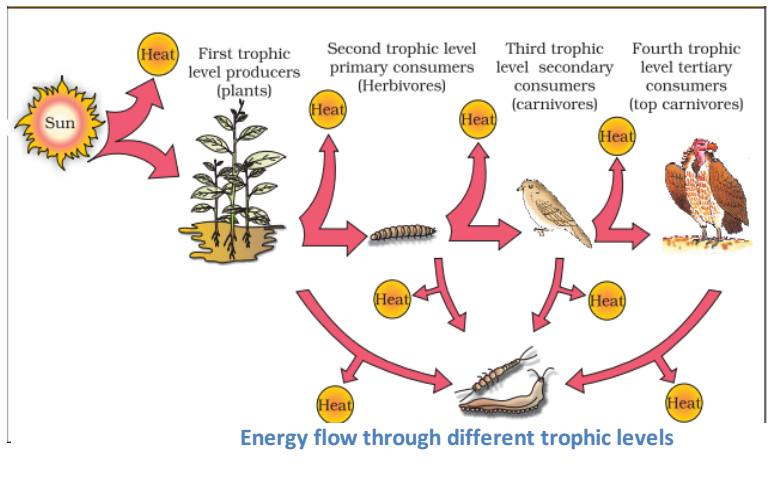
Food Chain Flow Of Energy

Food Chain Examples For Kids
10 Law Of Energy Flow In Food Chain - On average only 10 percent of energy available at one trophic level is passed on to the next This is known as the 10 percent rule and it limits the number of trophic levels an